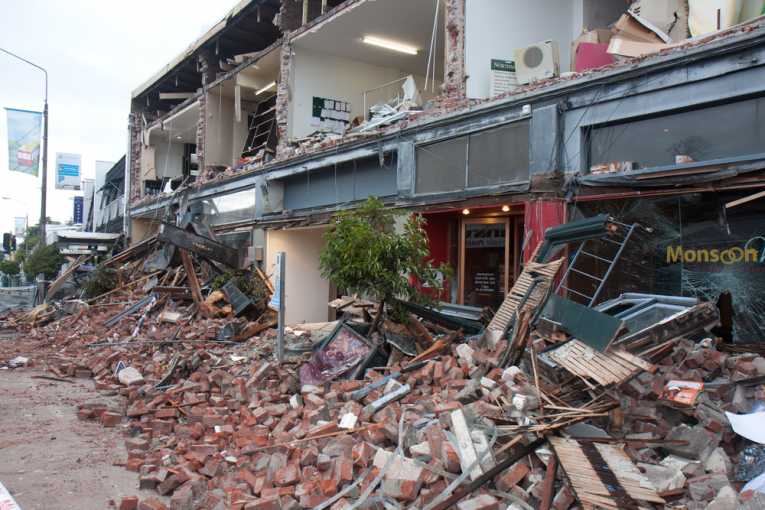Armand Vervaeck regularly quotes tectonic news on www.earthquakeâ€report.com, but with James Daniell, he has now released an annual report on the cost and damage caused by earthquakes and volcanoes in 2011. It was to date the most damaging year on record for economic losses associated with these natural disasters.
Fewer deaths than average were recorded, with 0.035% of the 58.7 million deaths due to earthquake and tsunami. In Japan, 1.6% of all deaths were accounted for by tsunami effects from the M9.0 earthquake, while 0.62% of the New Zealand population died from their earthquake, which was M6.3. The two Turkish quakes caused less than 0.2% of the admittedly large Turkish population, but 5.6% of deaths in Van province. This map illustrates the most damaged countries:

Credit: CATDAT
Here are the building losses, worldwide, from the 133 earthquakes which caused drastic damage. For example, the Cretan quake at M6.2 required minor car repairs in Iraklion and non-structural house repairs. For these reasons, it is not included as a "damaging earthquake." (but is recorded on the report site above.) Most people were "impacted" by the Tohoku earthquake in Japan, the Turkish quake in Van and the Sikkim quake in a heavily populated area. Note the 1 million buildings damaged in Japan after the earthquake and subsequent tsunami!

Credit: CATDAT
The University of Adelaide has collected relevant socio-economic data now for several years and the General Sir John Monash Foundation supports the PhD research (at Karlsruhe's KIT/CEDIM).
Economic losses overall were over $5 million for direct losses, but will exceed $594 billion over the next few years, mainly in Japan, Christchurch (NZ), and Sikkim (actually affecting many countries from India, Tibet (China), Bhutan, and Nepal as far as Bangladesh.)
In terms of death tolls, the 20000 killed this year is about the annual average for the past 111 years. Over the past 111 years, the average death toll has been 21800 deaths per year. This was the highest death toll year in developed nations compared to developing nations. The economic losses are shown in this map alongside deaths.
So we can draw an international sigh of relief that this tragic year has passed, but more, similar years are to come, on average. Low deaths and high cost give the summary in one phrase. Real time, direct coverage of all earthquakes was luckily around for the first time, and may have helped some to account for their loss. We can thank these two authors for such liberal coverage and probably consider how useful such a service will now become.










